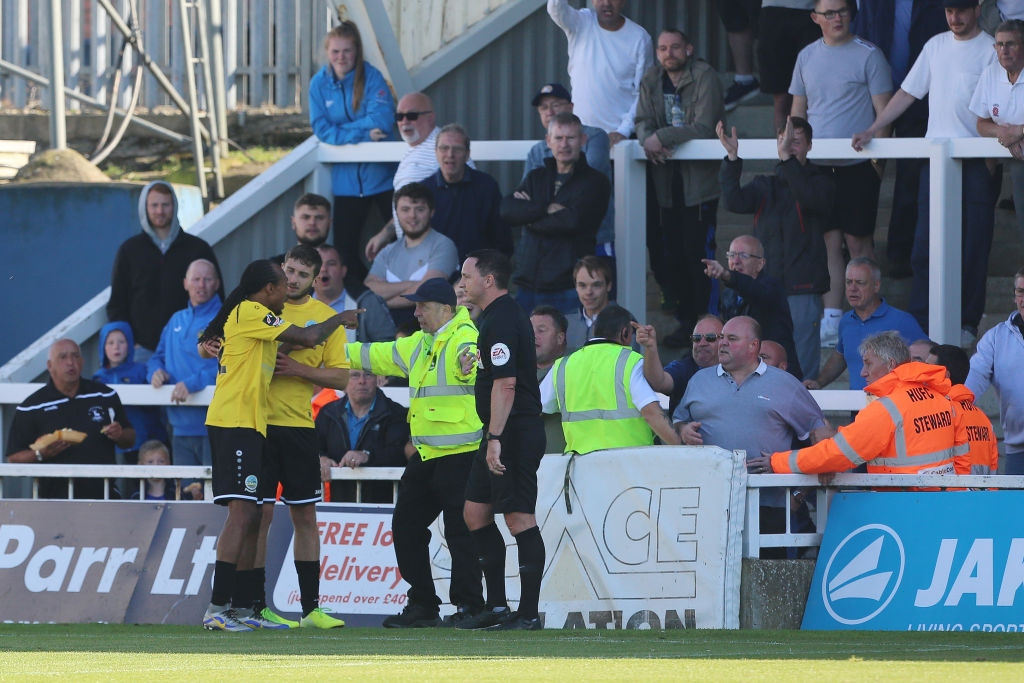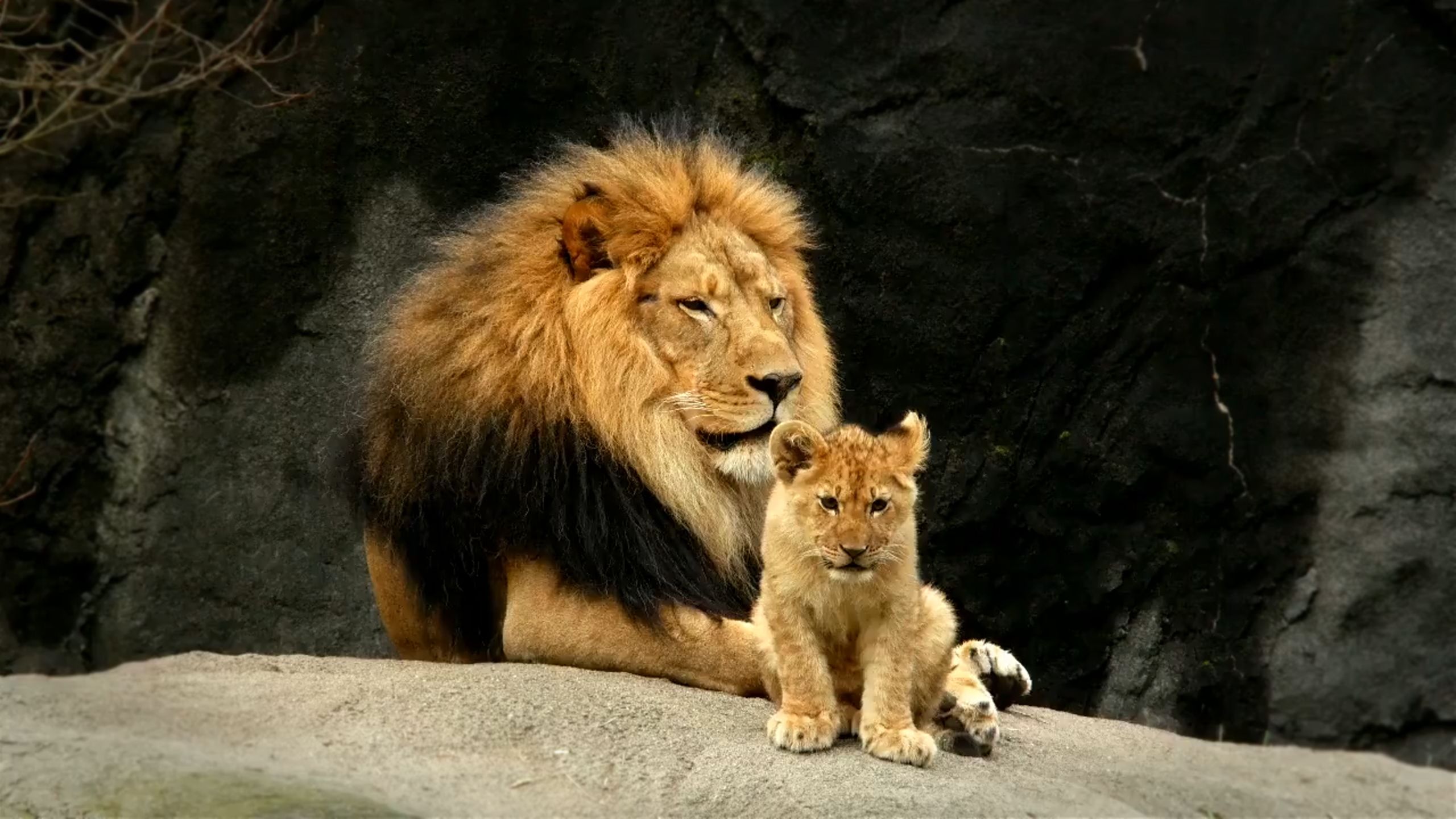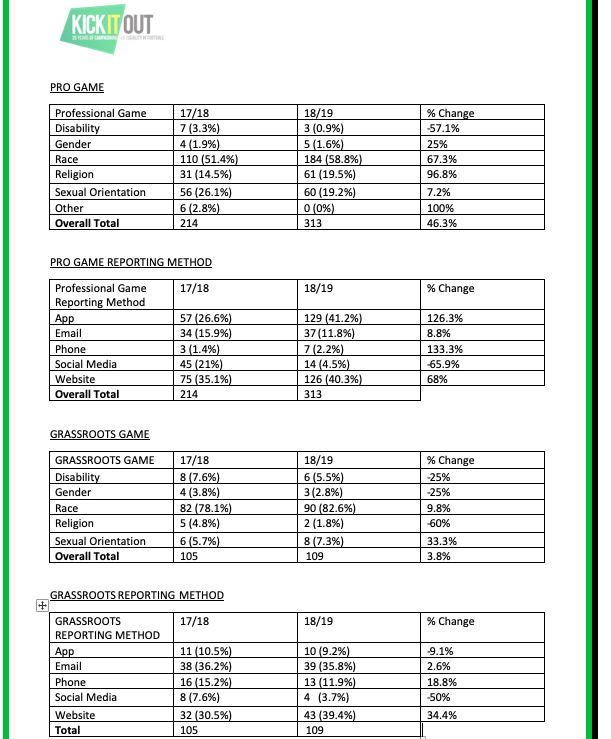Mental health in football
A series of investigative articles looking at how players deal with the struggles inside and outside of the game
Part Two - Abuse is abuse, but is it going away?

Abuse is about and will likely always be about, but how does it affect players away from their life on th pitch?

In 2018, 438 footballers could not 'man up' on their own as more players than ever accessed therapy in England, according to the PFA.
'Sticks and stones may hurt my bones, but words will never hurt me', this could not be further from the truth "words can do serious damage, now more than ever people should understand this" believes Coby Rowe, who plays for Sutton United.
With record numbers of players coming forward to the PFA requiring help for their mental health issues, it is words that stick in the minds of players. Some fans seem to think 'they have the right to shout abuse without any punishment' according to Rowe.
Rowe famously walked off the pitch during an FA Cup game while playing for Haringey Borough against Yeovil Town. After hearing racist remarks from the terraces he walked off, quickly followed by his teammates before the referee called the game off. He still thinks nothing has changed and if it continues, nothing will: "No I’d definitely say no, I mean, how many cases are we seeing week in week out, the same things occurring the same kind of racist abuse, so things aren’t going to change unless the people in higher positions take serious action."
With more incidents becoming public knowledge is abuse getting worse as people feel they are entitled to their 'opinion'? Abuse has always been rife in football, people think because they pay to watch the game so can say what they want, are the FA and PFA being proactive enough in their effort to combat abuse? Rowe is not convinced: "I mean I’m not too sure really, I couldn’t tell you the protocol now? So as far as it improving, I don’t even think it’s known by many people for it to improve." Fans seem to forget that footballers are humans and should be respected like everyone else, which puzzles Rowe the most: "I really really have no idea, I think the more they get away with and the more people turn a blind to it, the more certain individuals feel they have the right to shout abuse without any punishment, it will continue for a very long while." The PFA were contacted to talk about the protocol and what measures are in place for players, but failed to reply.
During the 2018/19 season in the professional game Kick it out received 184 complaints regarding racial abuse which was a 67.3% rise compared to the 2017/18 season. With an overall increase of 46.3% for reports of abuse.

People seem to get carried away and act as if a football match is not part of their life and stopping that is difficult, says Lee Allinson, manager of Hendon United, who offer free tickets for people suffering from mental health problems says: "I was at a game last year when one of the supporters said to one of their players go and break his leg that’s a little bit over the mark for me. The problem is we can’t control supporters all we can do is make sure we’re professional in what we do and try to keep our composure in any way."
However, since players like Danny Rose, Aaron Lennon and Billy Kee have spoken publicly about their mental health it is eventually filtering its way down the footballing pyramid. Allinson went onto say: "I think beforehand it would be off the cuff you know just sweep it under the carpet but for players now there are people here to help." Holding back from shouting unnecessary abuse at a player may just save a life as it's off the pitch where the troubles occur, Lee adds: "That’s what we have to be careful of, you get abuse on the pitch and you don’t know what’s happening in someone’s home life you know three/four hours beforehand and this is where you can get lots of trouble and that’s what we have to be aware of and that’s why we have to talk to our players and be approachable to our players."
Dan Barlaser, on loan at Rotherham United, has never let abuse faze him saying: "I wouldn’t say abuse but when you go from 23s where results don’t really matter to being on loan it’s a totally different world. You are playing for three points every week which depending on which team you’re at is three points closer to going up or staying up which is massive because as you know people have bills to pay and kids to look after." He understands how it may become too much for people though: "I can understand because there is a lot of bad things said especially when it’s about personal things." When does it cross the line of being just an opinion on someone doing their job? Because it can take over your life, force you to move countries or clubs all to escape abuse not always from within the game.
Football can be a release from the struggles of mental health problems before you become too dependent and it becomes the cause of the dark days. Jenna Dear, midfielder for FC Fleury 91, had daily dark thoughts of: "What was next, whether this was going to take over my thought process to a point where I would have no control". Which was caused because of actions off the pitch as she says: "The abuse or negative comments people would make in everyday life to try and bring me and my career down.' She went on to add this was what she believes 'got to me and my mental health." This was when it became a release for Dear who could forget about the abuse she received off the pitch when she stepped onto it as she says: "Football was an escape for me at one point when I stepped on the pitch I would put that struggles to the back of my mind."
However, that is just 90 minutes of a player's life, when it's back to reality you can feel the weight of the world on your shoulders and this can cause people to crack as Dear explains: "I would wake up and I remember just standing in the shower crying my eyes out thinking this is never going to get better what’s wrong with me and why am I feeling like this, I couldn’t get up out of bed I didn’t communicate with anyone I just wanted to be left alone."
Abuse is abuse and effects players and managers on and off the pitch. Words can destroy a person's career and drive them to the brink.
However, is there any form of release with the rise of social media?
